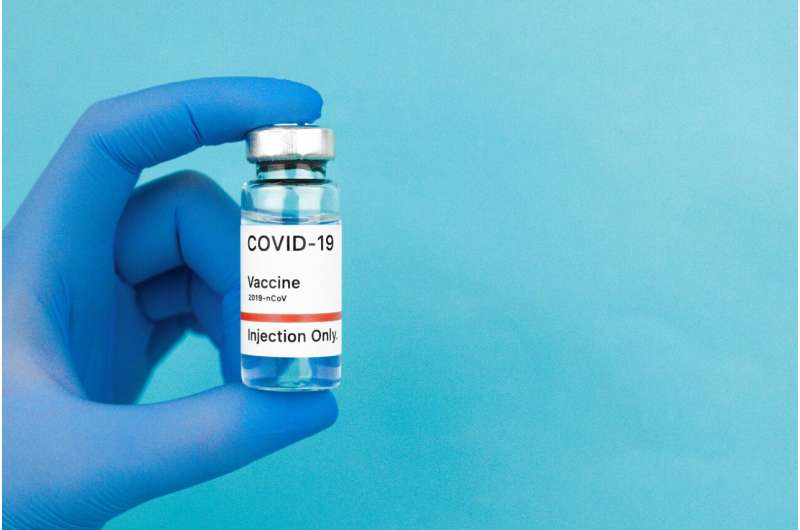CDC Staffing Disruptions Hamper HIV Research and Waste Public Funds

Recent staffing upheavals at the CDC have disrupted crucial HIV surveys, risking the loss of valuable data and wasting millions in public funds. Experts warn that these setbacks could hinder efforts to prevent and treat HIV effectively.
Recent developments at the Centers for Disease Control and Prevention (CDC) have caused significant setbacks in ongoing HIV research projects, raising concerns among experts about long-term impacts and financial wastage. In early June, CDC researchers received unexpected emails revoking their notices of termination, which were initially issued about ten weeks prior. This abrupt reversal has not only disrupted critical HIV surveys and data collection efforts but also risk rendering millions of dollars in invested resources unusable.
The impacted researchers, many of whom were involved in national surveys such as the Medical Monitoring Project and the National HIV Behavioral Surveillance, were laid off in April amidst broader staffing cuts. These surveys are vital for understanding HIV prevalence, risk factors, and treatment gaps, informing effective public health strategies. For instance, recent surveys indicated that younger adults under 30 living with HIV were less likely to be on consistent treatment, prompting targeted outreach — data now potentially lost due to the layoffs.
The layoffs have caused a communication blackout between state and local health officials and CDC counterparts, hampering efforts to analyze ongoing data and plan future interventions. As one Illinois health official lamented, the data has "gone into a black hole," undermining efforts to prioritize resources efficiently and prevent new infections.
Experts warn that the suspension of these surveys could lead to increased HIV transmission rates, as without current data, health departments struggle to identify at-risk populations. Economically, prevention remains far more cost-effective than treatment, with preventing a single HIV case saving approximately $466,000 over a lifetime.
The financial investment in these large-scale projects amounts to about $72 million, and experts estimate that two years’ worth of data from tens of thousands of participants could be lost if the surveys are not reinstated. Some researchers have expressed concern that the ongoing political and administrative actions, including recent executive orders affecting data collection related to gender identity and sexual orientation, are further hampering research efforts.
Reinstatement of the staff is pending higher authorization, as current funding and grants have lapsed during the administrative leave. Many HIV specialists and researchers, including those with decades of experience, fear that prolonged disruptions will result in wasted resources, delayed public health responses, and increased risk of HIV transmission. Despite assurances from HHS officials about operational streamlining, many in the research community feel the disruption undermines scientific integrity and public health objectives.
This situation underscores the importance of stable funding and support for public health research, especially in areas as crucial as HIV prevention and treatment. Without resumed data collection and analysis, efforts to combat HIV could face significant setbacks, prolonging the epidemic and costing lives and money.
Stay Updated with Mia's Feed
Get the latest health & wellness insights delivered straight to your inbox.
Related Articles
Lower Air Pollution Levels Linked to Better Vision Development in Children
Lower levels of air pollution are associated with improved vision in children. Reducing exposure to pollutants like NO₂ and PM₂.₅ can help prevent or slow myopia progression, highlighting the importance of clean air for ocular development.
Over 2.5 Million COVID-19 Deaths Prevented Globally Through Vaccination Efforts
A recent global study reveals that COVID-19 vaccination efforts prevented over 2.5 million deaths and saved millions of years of life from 2020 to 2024, highlighting the critical impact of vaccines worldwide.
Revolutionary Genomics Software Accelerates Cancer Research with 100-Fold Speed Increase
A new high-speed genomics software called Genome-Wide (GW) drastically increases the speed of genomic data analysis, opening new horizons for cancer research and understanding genetic alterations. Developed by Cardiff University, GW offers real-time visualization of large genomic changes, promising to accelerate discoveries and improve cancer diagnostics and treatments.
New Prognostic Model Enhances Prediction of Mortality in Severe Drug Reactions
A new prognostic model utilizing routine blood tests offers an effective way to predict mortality risk in patients with severe drug reactions like DRESS, enabling earlier and more personalized interventions.



